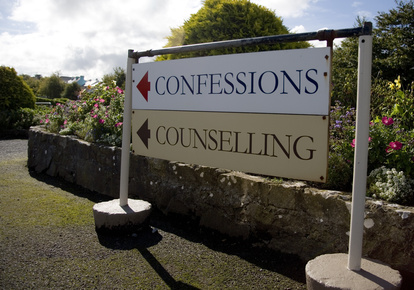Tag: Therapy in English
-

What To Do When Your Husband, Wife or Partner Refuses to Go to Couples Counselling
Relationship counselling starts too late for most couples and when one of the partners decides they need help, it’s not unusual for the spouse to be resistant to couples counselling. So what can you do if your partner won’t attend therapy? People often delay relationship counselling out of embarrassment or to avoid cost. Some partners…
-

What’s the Purpose of Talk Therapy? 5 Different Reasons to Turn to Online Counselling.
Recently I was reflecting on all the requests I receive for online counselling, coaching and therapy. I’ve been providing therapy consultations over webcam and offering email counselling for several years now, and I’ve heard a diversity of hopes and expectations over that time. Here are some of them. Strategies and Tools One of the biggest…

